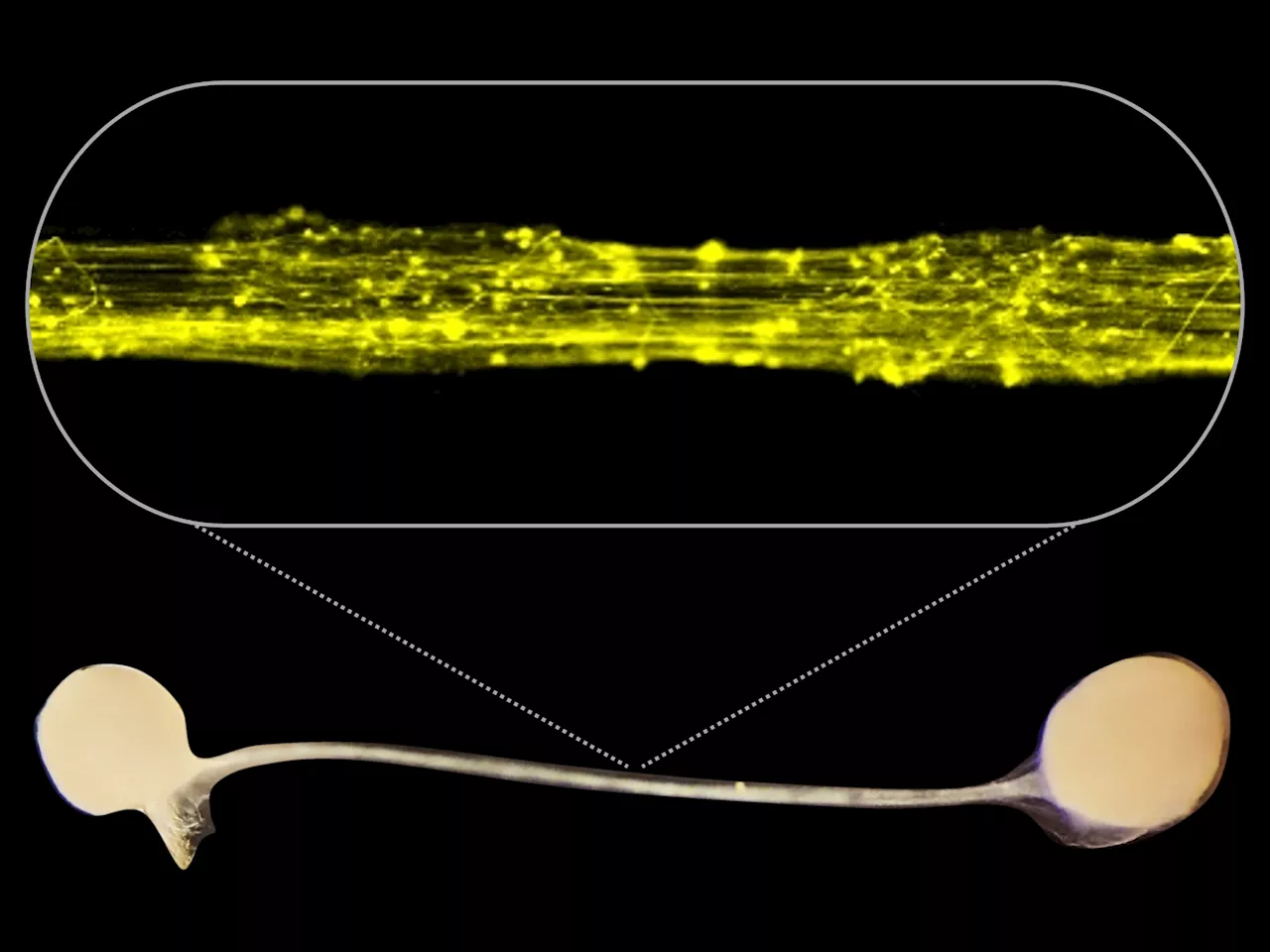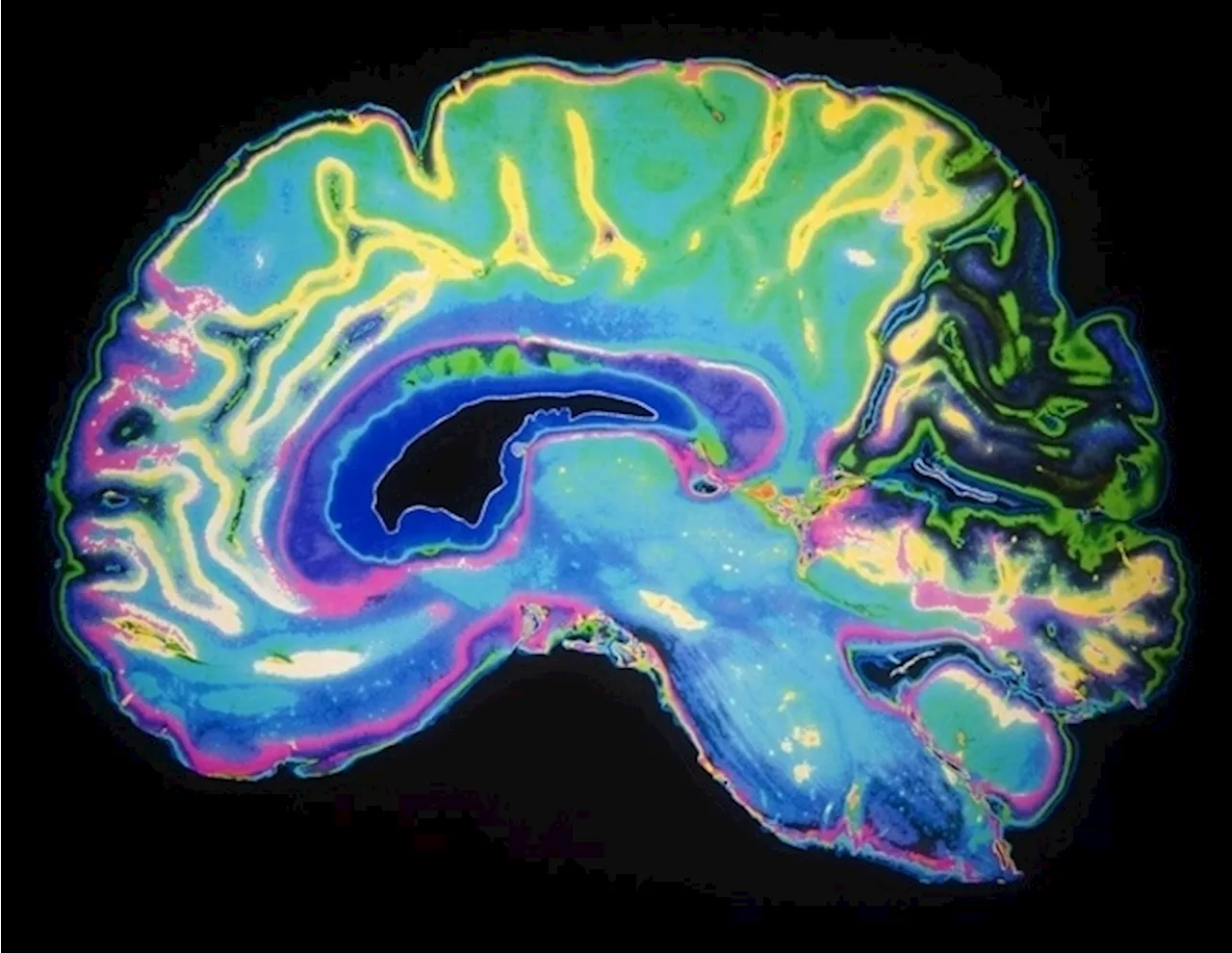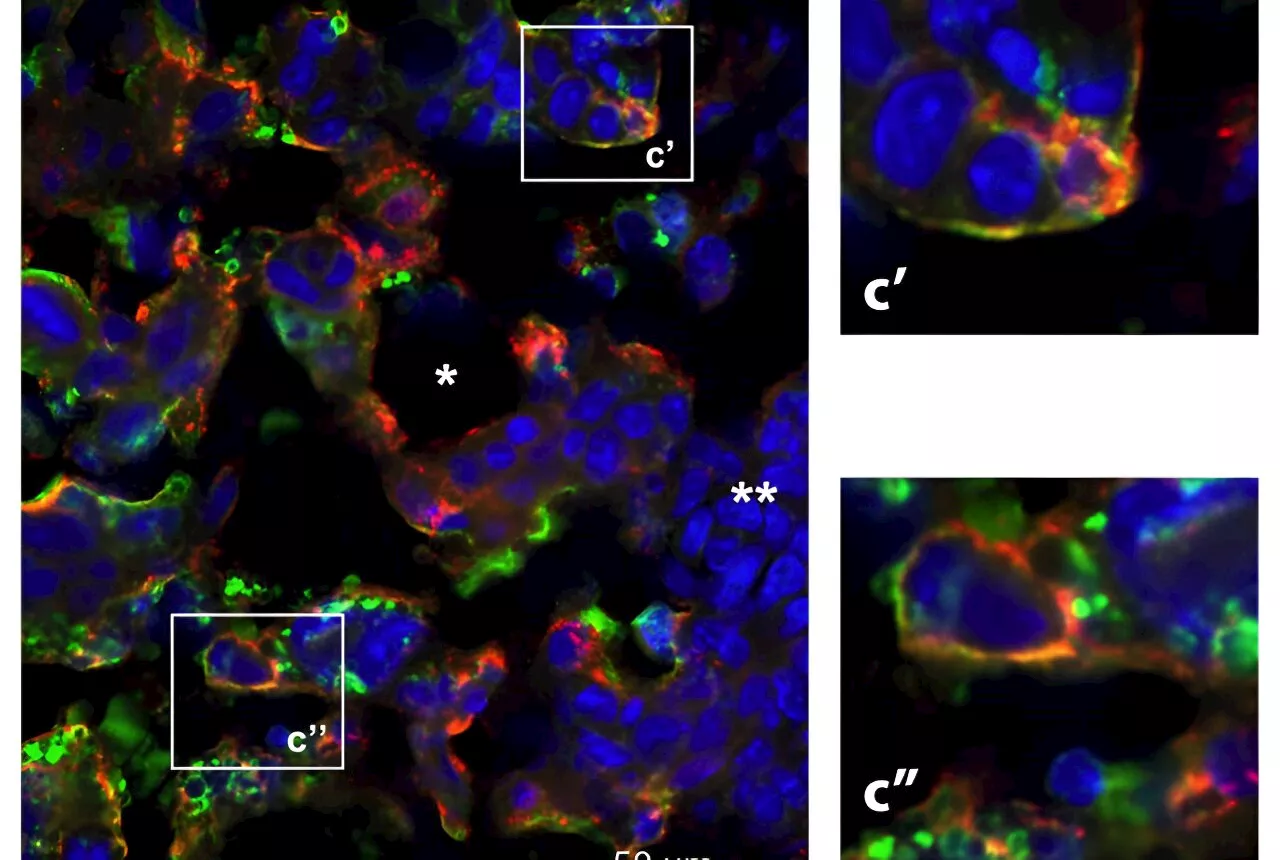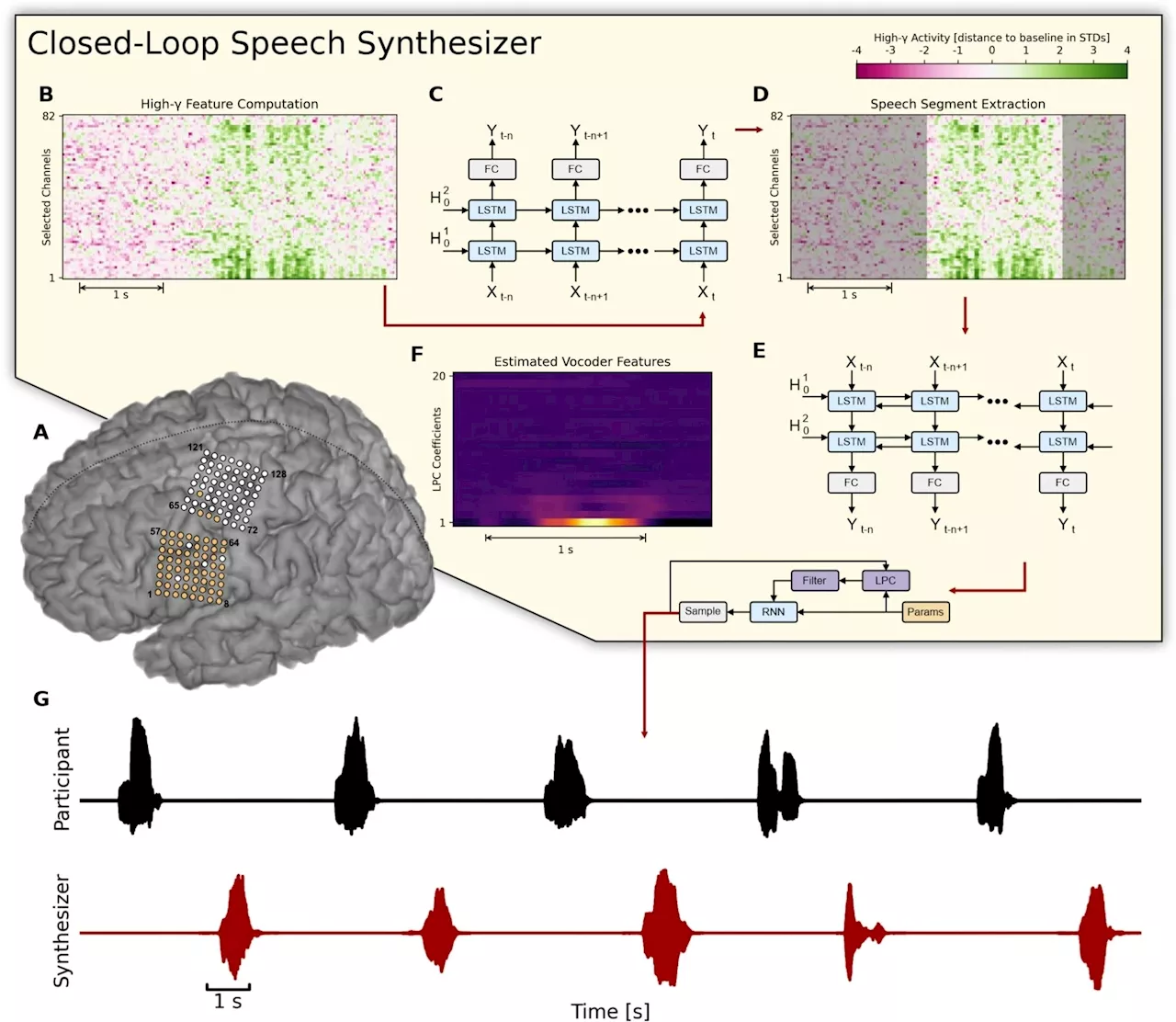Researchers successfully used a brain-computer interface to synthesize speech directly from brain activity in an ALS patient, achieving 80% word recognition accuracy by listeners, showcasing the interface's potential for aiding communication in severe speech impairments.
By Dr. Sushama R. Chaphalkar, PhD.May 8 2024Reviewed by Susha Cheriyedath, M.Sc. In a recent study published in the journal Scientific Reports, researchers in the United States and the Netherlands used a long-term brain-computer interface implant to synthesize intelligible words from brain activity in a patient with amyotrophic lateral sclerosis .
Background Neurological disorders like ALS can impair speech production, leading to communication challenges, including Locked-In Syndrome . Augmentative and alternative technologies offer limited solutions, prompting research into implantable BCIs for direct brain control. Studies have aimed at decoding attempted speech from brain activity, with recent advances in reconstructing text and acoustic speech.
Speech synthesis was achieved by decoding electrocorticographic signals recorded during overt speech production from cortical regions associated with articulation and phonation. The participant's significant impairments in articulation and phonation were addressed by focusing on a closed vocabulary of six keywords, which he could produce individually with high intelligibility.
Results and discussion The speech-synthesis BCI could effectively recreate the participant's speech during online decoding sessions. The synthesized speech was found to align well with the natural speech in timing, preserving important speech features, including phoneme and formant-specific information . Across three sessions, about five and a half months after training, the system was found to continue to perform consistently.
Lou Gehrig's Disease Amyotrophic Lateral Sclerosis Clinical Trial Electrode Research Sclerosis Speech Tongue
United States Latest News, United States Headlines
Similar News:You can also read news stories similar to this one that we have collected from other news sources.
 A flexible microdisplay that can monitor brain activity in real-time during brain surgeryResearchers have created a thin film that combines an electrode grid and LEDs that can both track and produce a visual representation of the brain's activity in real-time during surgery—a huge improvement over the current state of the art.
A flexible microdisplay that can monitor brain activity in real-time during brain surgeryResearchers have created a thin film that combines an electrode grid and LEDs that can both track and produce a visual representation of the brain's activity in real-time during surgery—a huge improvement over the current state of the art.
Read more »
 Exploring ethical and legal ramifications of growing brain organoids from human fetal brain tissueBrain organoids, though often referred to as 'mini brains,' are not truly human brains. But the concerns over these lab-grown brain tissues, especially when they are developed from human fetal tissues, can be very human indeed.
Exploring ethical and legal ramifications of growing brain organoids from human fetal brain tissueBrain organoids, though often referred to as 'mini brains,' are not truly human brains. But the concerns over these lab-grown brain tissues, especially when they are developed from human fetal tissues, can be very human indeed.
Read more »
 Researchers develop first model of the brain's information highwaysThe brain resembles a road network: Like country roads, small connections link neighboring nerve cells, while, like highways, thick nerve bundles connect different regions of the brain.
Researchers develop first model of the brain's information highwaysThe brain resembles a road network: Like country roads, small connections link neighboring nerve cells, while, like highways, thick nerve bundles connect different regions of the brain.
Read more »
 Columbia researchers uncover brain's ability to control inflammationThe brain can direct the immune system to an unexpected degree, capable of detecting, ramping up and tamping down inflammation, shows a new study in mice from researchers at Columbia's Zuckerman Institute.
Columbia researchers uncover brain's ability to control inflammationThe brain can direct the immune system to an unexpected degree, capable of detecting, ramping up and tamping down inflammation, shows a new study in mice from researchers at Columbia's Zuckerman Institute.
Read more »
 Researchers find pregnancy cytokine levels impact fetal brain development and offspring behaviorResearchers at Weill Cornell Medicine have discovered in a preclinical model that cytokines, proteins that control immune response, circulating in maternal blood during pregnancy may mitigate an offspring's risk for psychiatric conditions.
Researchers find pregnancy cytokine levels impact fetal brain development and offspring behaviorResearchers at Weill Cornell Medicine have discovered in a preclinical model that cytokines, proteins that control immune response, circulating in maternal blood during pregnancy may mitigate an offspring's risk for psychiatric conditions.
Read more »
 Researchers identify targets in the brain to modulate heart rate and treat depressive disordersA new study by researchers at Brigham and Women's Hospital suggests a common brain network exists between heart rate deceleration and depression.
Researchers identify targets in the brain to modulate heart rate and treat depressive disordersA new study by researchers at Brigham and Women's Hospital suggests a common brain network exists between heart rate deceleration and depression.
Read more »
